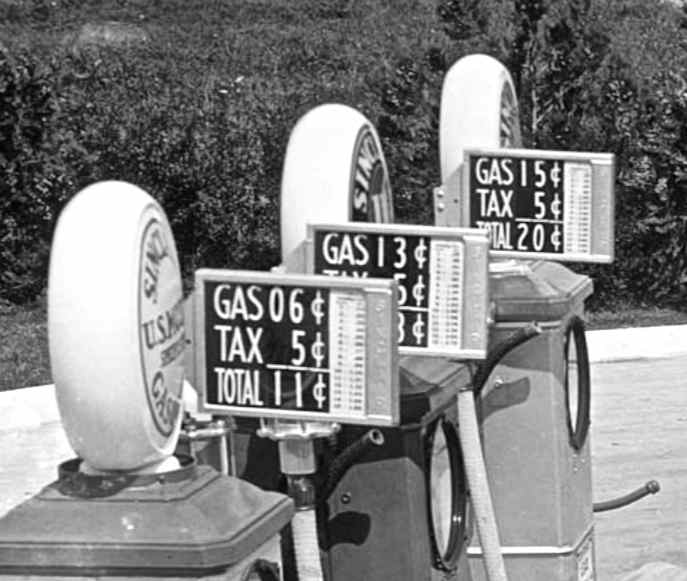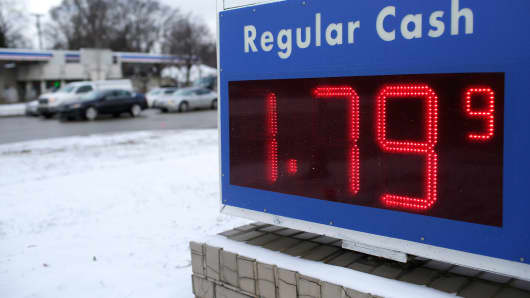The plunge in the price of oil over recent months has defied all but the most pessimistic analysts.
At the moment, there are no shortage of forecasts to pick from as to how low it may eventually go. Goldman Sachs thinks Brent crude will fall to $42 in April-June; Morgan Stanley predicts a worst-case scenario of $43 per barrel in 2015 and even the once near-impossible scenario of $20 per barrel oil is now attracting attention from traders.
The one thing that most agree on, however, is that this will be a crucial few weeks for black gold.
Here, we take a look at some of the difficulties in calling just how far oil prices will fall.
History tells us…
...not a lot. In 2008, the last major period when oil fell at a similar rate, prices fell from $146 per barrel in July to $36 per barrel in December.
However, Neil Atkinson, head of analysis at Lloyd's List Intelligence, pointed out to CNBC, that during this period global demand was falling 0.6 million barrels a day and the market was supported by falling supply from non-OPEC countries.
At the moment, demand is continuing to rise, but supply also keeps on pumping.
Storage capacity
Just a third of the U.S.'s total storage capacity of 439 million barrels was being used in October, according to a Reuters analysis of U.S. data. This means there is space for U.S.-produced shale gas to be stored, rather than sold at a loss, as many feared.
The U.S., mainly Texas and North Dakota, will account for 75 percent of the increase in global oil production this year, according to Deutsche Bank estimates.
Politics
There are still plenty of potential geopolitical stumbling blocks out there which could affect the oil price.
Libya is still in turmoil, terrorist groups Islamic State and Al-Qaeda may gain more power in oil-rich states and Russia doesn't look any closer to resolving the situation with Ukraine, as talks slated for this week have stalled.
Read MoreRussia braces for 'junk' downgrade as oil drags
OPEC cracks emerging
Saudi Arabia, the world's largest oil exporter, has historically dominated the Organization of the Petroleum Exporting Countries (OPEC), and recently dismissed pleas from Iran and Russia to limit production and prop up prices.
This week, Iranian President Hassan Rouhani claimed publicly that the Saudis and Kuwaitis would "suffer more" from the oil price drop, suggesting further dissent within the OPEC ranks over Saudi Arabia's dominant role.
"If Saudi Arabia is sincere about abandoning its role as the central bank of oil and letting the market fall where it may, there is no rationale for the kingdom keeping its large buffer of spare capacity," Citi analysts point out in a research note.




























Laissez un commentaire Votre adresse courriel ne sera pas publiée.
Veuillez vous connecter afin de laisser un commentaire.
Aucun commentaire trouvé